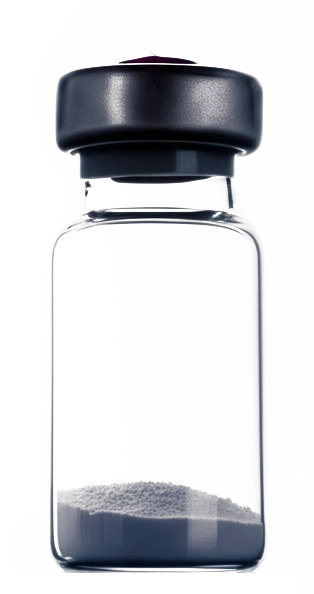In the relentless pursuit of athletic excellence, athletes and bodybuilders are constantly seeking innovative methods to enhance their performance and accelerate recovery. Among the arsenal of performance-enhancing substances, performance-enhancing peptides have emerged as a promising avenue for optimizing athletic potential. These potent molecules, composed of short chains of amino acids, offer a multifaceted approach to improving muscle growth, facilitating recovery, and boosting overall athletic performance. Performance-enhancing peptides work by stimulating the release of growth hormone, a crucial hormone involved in muscle growth, repair, and metabolism. This surge in growth hormone levels can lead to significant gains in muscle mass, strength, and power, providing athletes with a competitive edge. Furthermore, performance-enhancing peptides play a vital role in accelerating recovery from intense training sessions. By reducing inflammation, promoting tissue repair, and replenishing depleted energy stores, these peptides enable athletes to bounce back faster and train more frequently. This enhanced recovery translates to improved training adaptations and ultimately, superior athletic performance. For athletes seeking to maximize their endurance capacity, certain performance-enhancing peptides can enhance oxygen delivery to muscles, improve energy production, and delay fatigue. These peptides optimize the bodys physiological response to exercise, allowing athletes to sustain high levels of performance for extended periods. In addition to their performance-enhancing benefits, performance-enhancing peptides also offer potential advantages for body composition. Some peptides possess fat-burning properties, promoting the breakdown of stored fat and increasing energy expenditure. This can help athletes achieve a leaner physique, further enhancing their athletic performance. The rise of performance-enhancing peptides has sparked both excitement and controversy within the athletic community. While proponents tout their potential to unlock peak athletic performance and accelerate recovery, concerns remain regarding their safety and ethical implications. It is crucial for athletes to approach the use of performance-enhancing peptides with caution and under the guidance of qualified healthcare professionals. Responsible use, coupled with comprehensive monitoring, can help mitigate potential risks and ensure that athletes can reap the benefits of these peptides while safeguarding their health and well-being. As research continues to unravel the full potential of performance-enhancing peptides, it is imperative to maintain a balanced perspective, weighing the potential benefits against the associated risks. By fostering open dialogue, promoting responsible use, and prioritizing athlete safety, we can harness the power of performance-enhancing peptides to elevate athletic performance while upholding the integrity of sports.







